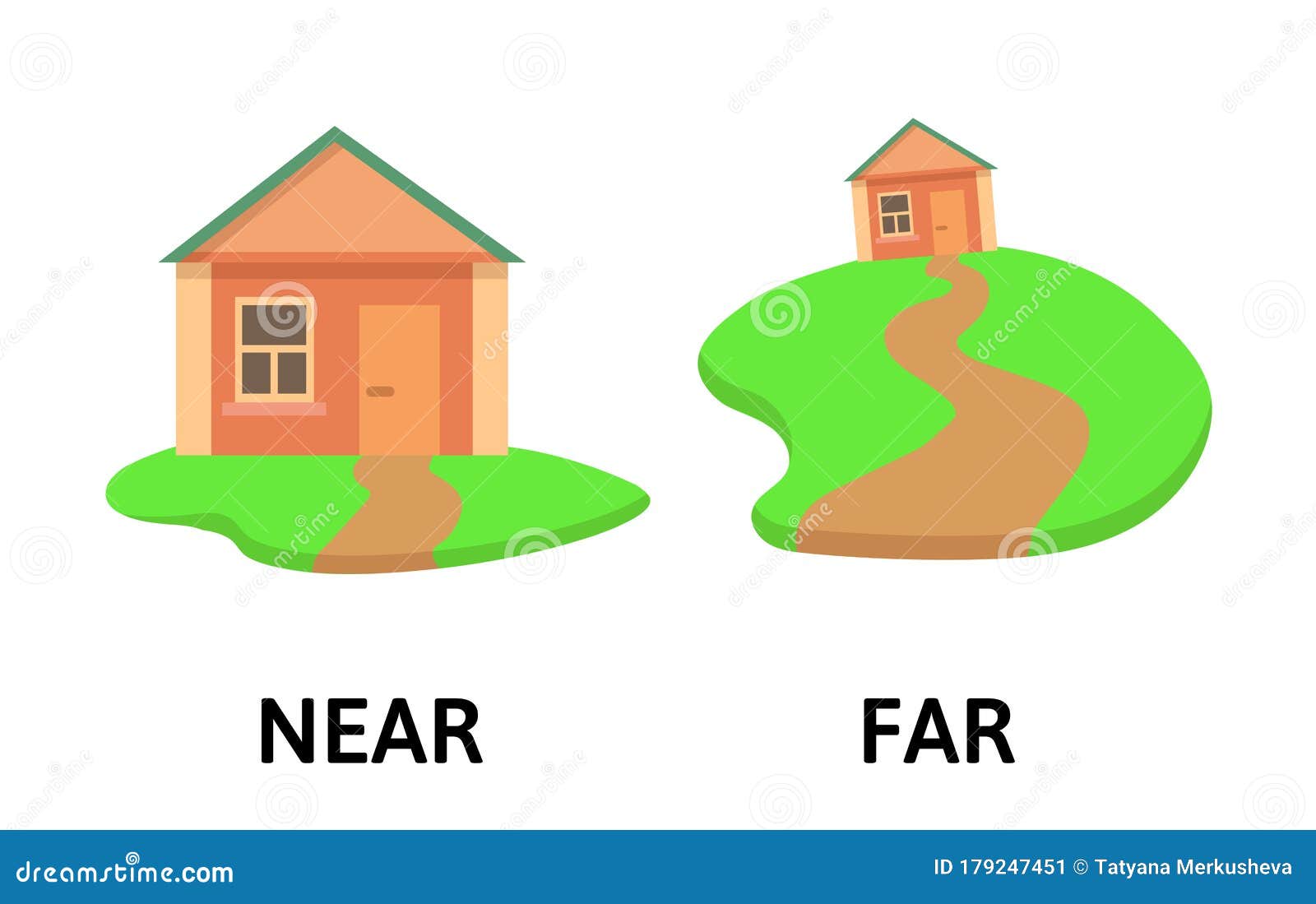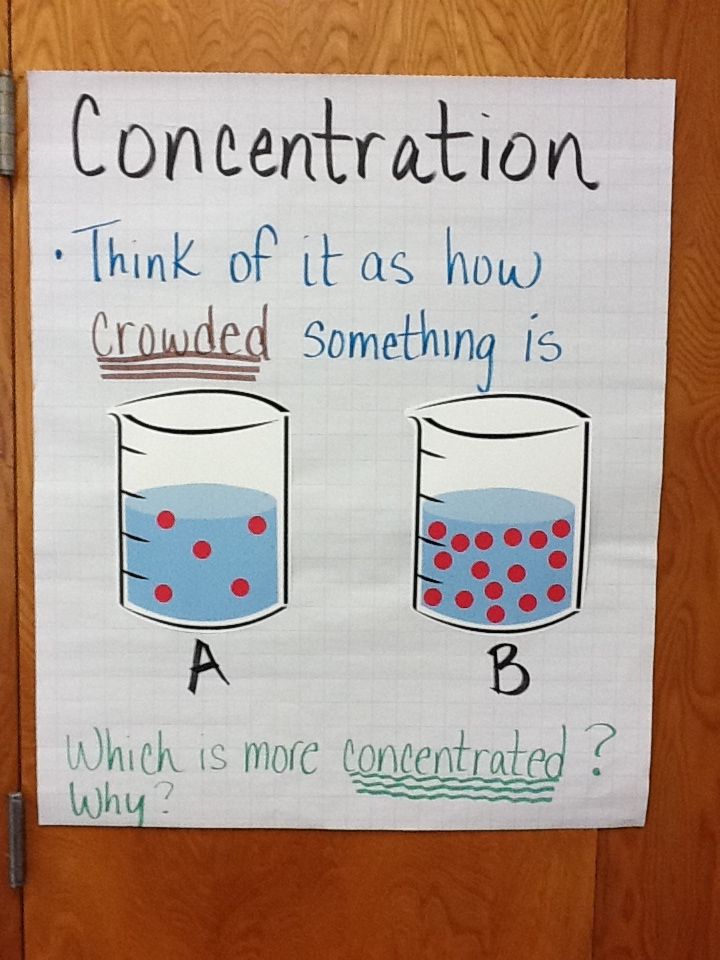Understanding Political Systems: Patronage, Gridlock, and the Purpose of Politics
Introduction: The Structure and Role of Politics in Society
Politics shapes the distribution of power, resources, and opportunities within society. Understanding its mechanisms-such as patronage and gridlock-helps individuals navigate, influence, and benefit from the systems that govern daily life. This guide explores the core elements of politics, its goals, and the importance of civic engagement, offering actionable steps for those who wish to become more involved or informed.
What Is Patronage in Politics?
Political patronage
is the practice where individuals in power distribute jobs, contracts, or other benefits to their supporters, friends, or family as a reward for loyalty or political backing, rather than for merit or qualifications. This system is sometimes referred to as the
spoils system
[1]
,
[2]
,
[3]
,
[4]
,
[5]
. Historically, this approach defined government hiring in the United States until reforms in the late 19th century shifted toward merit-based civil service systems. The main risks of patronage include corruption, inefficiency, and a lack of transparency, while some argue it can foster loyalty and direct accountability within administrative systems.
Example:
A newly elected official appoints campaign supporters to key government jobs, regardless of their qualifications. This can create networks of loyalists but may undermine public trust and the effectiveness of government services.
To report or challenge patronage abuses, individuals can contact watchdog organizations or government oversight bodies. If you suspect patronage or favoritism in your workplace, consider searching for official whistleblower protection resources at your local or national government level.
What Is Gridlock Politics?
Gridlock in politics refers to the situation where legislative or decision-making bodies are unable to pass laws or make important decisions due to deep disagreements, typically between different political parties or branches of government. This often results in policy stagnation and public frustration, as critical issues remain unresolved.
For instance, the U.S. Congress has experienced gridlock when the House of Representatives and the Senate, controlled by different parties, fail to agree on budgets, reforms, or appointments. Gridlock can motivate citizens to demand reforms, seek compromise, or engage in advocacy to break political deadlocks.

Source: mistra.org.za
To understand if your government is experiencing gridlock, monitor major political news outlets and official government legislative trackers. If you want to advocate for action on a stalled issue, you can write to your representatives or join civic organizations focused on political reform.
The Goal of Politics: Why Does Politics Exist?
The primary goal of politics is to manage conflict, allocate resources, and make collective decisions for a society. Political systems create rules, establish order, and provide services-such as infrastructure, public safety, and education-while balancing diverse interests and values across populations.
Politics is also the means through which societies address change, resolve disputes, and adapt to new challenges, such as technological advances or global crises. By participating, citizens have a say in shaping these outcomes and ensuring their needs are considered.
To see politics in action, observe local government meetings, review proposed policies in your community, or participate in public consultations. These processes allow you to understand how decisions are made and who is involved.
What Does Politics Do?
Politics determines how laws are created, how taxes are collected and spent, and how rights and responsibilities are distributed. Through political engagement, societies can address issues like inequality, health care, infrastructure, and environmental protection.
Active political systems also provide mechanisms for peaceful change-such as elections, referenda, and public debate-rather than conflict or violence. Politics sets the framework for economic opportunity, social justice, and the protection of rights.
If you want to influence what politics does in your community, you can attend public hearings, vote in local elections, or join neighborhood associations that interact with policymakers.
Why Is Politics Important in Life?
Politics impacts almost every aspect of daily life, from the price of food to the quality of schools and healthcare. Political decisions shape job opportunities, public safety, environmental quality, and civil liberties.

Source: ideasdev.org
Being politically aware helps people protect their interests, defend their rights, and contribute to positive societal changes. For young adults, understanding politics can open doors to scholarships, internships, and public service careers.
To experience the importance of politics firsthand, track how recent laws or policies have affected your life-such as changes to education funding, healthcare access, or transportation services.
Why Do We Have Politics?
Societies have politics to organize collective action and resolve conflicts peacefully. Without political systems, disputes over resources or values could escalate into violence or chaos. Politics provides a structured way for groups to negotiate, compromise, and collaborate.
Political institutions-such as legislatures, courts, and executive offices-offer avenues for redress and adaptation when social, economic, or environmental pressures arise. This helps societies maintain stability and progress over time.
If you’re interested in how political systems develop, consider researching the history of government in your country or observing how new political parties emerge to represent shifting public interests.
Why Study Politics?
Studying politics provides critical thinking skills, enhances awareness of current events, and deepens understanding of how power operates. It prepares individuals for careers in government, law, journalism, and advocacy, and helps them become informed citizens.
Many universities offer political science programs, often with opportunities for internships, research, and community projects. To explore these paths, search for “political science programs” at accredited colleges or universities in your area, or review course offerings on official university websites.
Why Should You Learn How to Be Engaged in Politics?
Learning how to engage in politics empowers individuals to advocate for their interests, influence public decisions, and hold leaders accountable. Engaged citizens can vote, participate in public debates, join advocacy groups, or even run for office themselves.
Steps for Effective Political Engagement:
- Stay Informed: Regularly read news from reputable sources and official government communications.
- Register to Vote: You can usually register through your local election office or the official government website for elections in your area.
- Attend Community Meetings: Town halls and city council meetings are open to the public and provide direct access to decision-makers.
- Contact Your Representatives: Most government websites provide contact details for elected officials. Prepare a concise message about your concern.
- Volunteer: Campaigns, civic organizations, and advocacy groups often seek volunteers. Search for opportunities through official channels or community boards.
- Consider Running for Office: Many jurisdictions offer resources and training for first-time candidates. Check your local government’s official website for requirements and deadlines.
Alternative approaches to engagement include joining online forums hosted by established news organizations, participating in issue-based campaigns, or supporting nonpartisan voter education initiatives.
How to Access Political Resources and Opportunities
Political involvement may require access to resources such as voter registration, policy information, or advocacy tools. These are typically available through official government websites, public libraries, and established civic organizations. If you are unsure where to begin:
- Contact your local government office for voter registration and election information.
- Search for “public policy resources” through university or nonprofit portals for research and analysis.
- Ask at your community center or library for information on local government meetings and how to participate.
- Look for established national organizations that promote civic engagement for additional guidance and training.
If direct links are not provided, use search terms such as “official government voting information” or “how to contact my representative” in your preferred search engine to find validated and secure resources.
Challenges and Solutions in Political Participation
Barriers to engagement include lack of information, limited access to resources, or disillusionment with political processes. Solutions include educational outreach, transparent government practices, and the development of digital participation platforms.
If you face challenges, consider reaching out to nonpartisan voter education groups, attending community forums, or seeking mentorship from experienced civic leaders. Many organizations offer free workshops or online resources to help citizens overcome obstacles to participation.
Key Takeaways
- Patronage rewards loyalty but can undermine fairness and efficiency.
- Gridlock stalls progress and highlights the need for compromise and advocacy.
- The goal of politics is to manage societal needs and resolve conflicts peacefully.
- Politics affects everyday life and offers multiple pathways for engagement and improvement.
- Informed, active participation helps ensure that government actions reflect public needs and values.
References
- [1] LSD Law (2024). Definition of Political Patronage.
- [2] Fiveable (2023). Political Patronage in U.S. Government.
- [3] First Amendment Encyclopedia (2024). Political Patronage Overview.
- [4] Whistleblower Encyclopedia (2024). Patronage Definition and Whistleblowing.
- [5] Wikipedia (2022). Spoils System in Politics.



